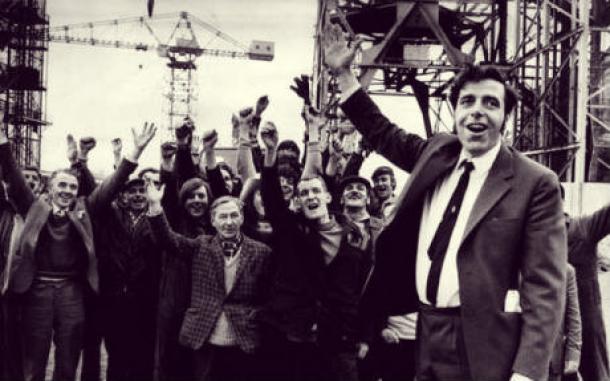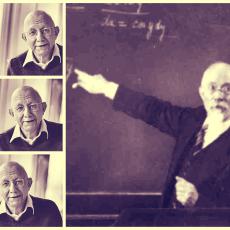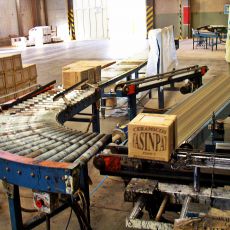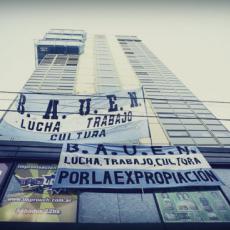Workers’ Control in the UK
Within the ‘first industrial nation’, which also established the first industrial proletariat, we might trace the workers’ control tradition back to Luddite resistance to mechanisation and de-skilling of established trades around the turn of the 19th century. Formally demands for workers’ control, both for control within and over the means of production, were raised from the early twentieth century. These initially came with the influence of syndicalist ideas in the emergence of ‘new unionism’ and came to a head with the ‘shop stewards movement’ amongst skilled engineering and shipbuilding workers around the end of wartime production. A rather more reformist version of workers’ control, ‘guild socialism’ remained significant politically into the 1920s, builders co-operatives or ‘guilds’ being involved in the post-war house-building boom.
The ‘second shop stewards movement’, the building of shop floor organisation around 1950s and 1960s economic growth, gave the foundation to a further flourish of workers’ control ideas and practices. Initially this may have been reflected in protective workplace practices and encroachment into management prerogative, as well as unofficial strike action, but by the early 1970s was the condition for resistance to capital restructuring which manifest in a wave of workplace occupation of which that at Upper Clyde Shipbuilders is probably best known. The occupations, essentially spontaneous resistance to the restructuring of capital, confronting workers in increasing unemployment, redundancy, and work intensification, also began to generate the foundation for an alternative economic strategy based around socialised enterprise - particularly an interest in workers’ co-operatives - and in worker alternative plans for socially useful production. This movement was essentially extinguished by the growing ascendency of neo-liberalism with direct attack on the labour movement in the UK. In recent years there have been signs of resurgence in labour militancy and broader resistance as well as a number of workplace occupations.
We would welcome contributions on historical struggles, but we would mostly welcome news, contributions and links, on current struggles such as occupation by workers or other actions showing the imagination of action.





